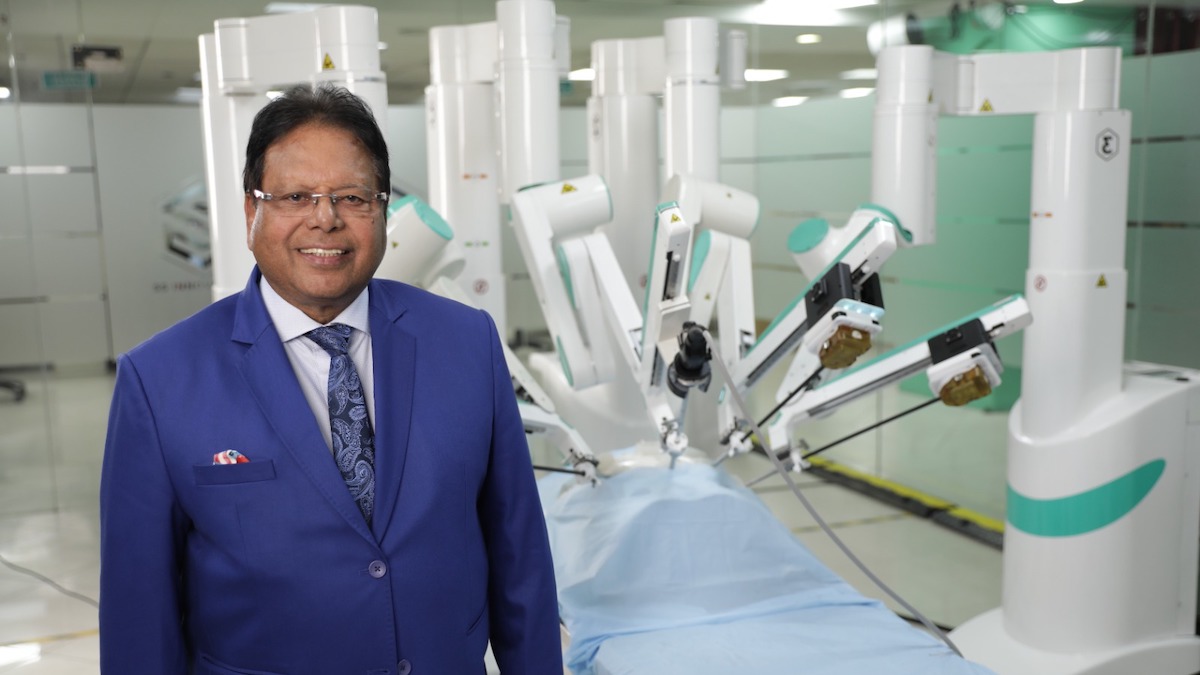
Zagreb, Croatia: A scientist who successfully treated her own breast cancer by injecting the tumour with lab-grown viruses has sparked discussion about the ethics of self-experimentation.
Beata Halassy discovered in 2020, aged 49, that she had breast cancer at the site of a previous mastectomy. It was the second recurrence there since her left breast had been removed, and she couldn’t face another bout of chemotherapy.
Halassy, a virologist at the University of Zagreb, studied the literature and decided to take matters into her own hands with an unproven treatment.
A case report published in Vaccines in August1 outlines how Halassy self-administered a treatment called oncolytic virotherapy (OVT) to help treat her own stage 3 cancer. She has now been cancer-free for four years.
In choosing to self-experiment, Halassy joins a long line of scientists who have participated in this under-the-radar, stigmatized and ethically fraught practice. “It took a brave editor to publish the report,” says Halassy.
Up-and-coming therapy
OVT is an emerging field of cancer treatment that uses viruses to both attack cancerous cells and provoke the immune system into fighting them. Most OVT clinical trials so far have been in late-stage, metastatic cancer, but in the past few years they have been directed towards earlier-stage disease. One OVT, called T-VEC, has been in approved in the United States to treat metastatic melanoma, but there are as yet no OVT agents approved to treat breast cancer of any stage, anywhere in the world.
Halassy stresses that she isn’t a specialist in OVT, but her expertise in cultivating and purifying viruses in the laboratory gave her the confidence to try the treatment. She chose to target her tumour with two different viruses consecutively — a measles virus followed by a vesicular stomatitis virus (VSV). Both pathogens are known to infect the type of cell from which her tumour originated, and have already been used in OVT clinical trials. A measles virus has been trialled against metastatic breast cancer.
Halassy had previous experience working with both viruses, and both have a good safety record. The strain of measles she chose is used extensively in childhood vaccines, and the strain of VSV induces, at worst, mild influenza-like symptoms.
Over a two-month period, a colleague administered a regime of treatments with research-grade material freshly prepared by Halassy, injected directly into her tumour. Her oncologists agreed to monitor her during the self-treatment, so that she would be able to switch to conventional chemotherapy if things went wrong.
The approach seemed to be effective: over the course of the treatment, and with no serious side effects, the tumour shrank substantially and became softer. It also detached from the pectoral muscle and skin that it had been invading, making it easy to remove surgically.
Analysis of the tumour after removal showed that it was thoroughly infiltrated with immune cells called lymphocytes, suggesting that the OVT had worked as expected and provoked Halassy’s immune system to attack both the viruses and the tumour cells. “An immune response was, for sure, elicited,” says Halassy. After the surgery, she received a year’s treatment with the anticancer drug trastuzumab.
Stephen Russell, an OVT specialist who runs virotherapy biotech company Vyriad in Rochester, Minnesota, agrees that Halassy’s case suggests the viral injections worked to shrink her tumour and cause its invasive edges to recede.
But he doesn’t think her experience really breaks any new ground, because researchers are already trying to use OVT to help treat earlier-stage cancer. He isn’t aware of anyone trying two viruses sequentially, but says it isn’t possible to deduce whether this mattered in an ‘n of 1’ study. “Really, the novelty here is, she did it to herself with a virus that she grew in her own lab,” he says.






